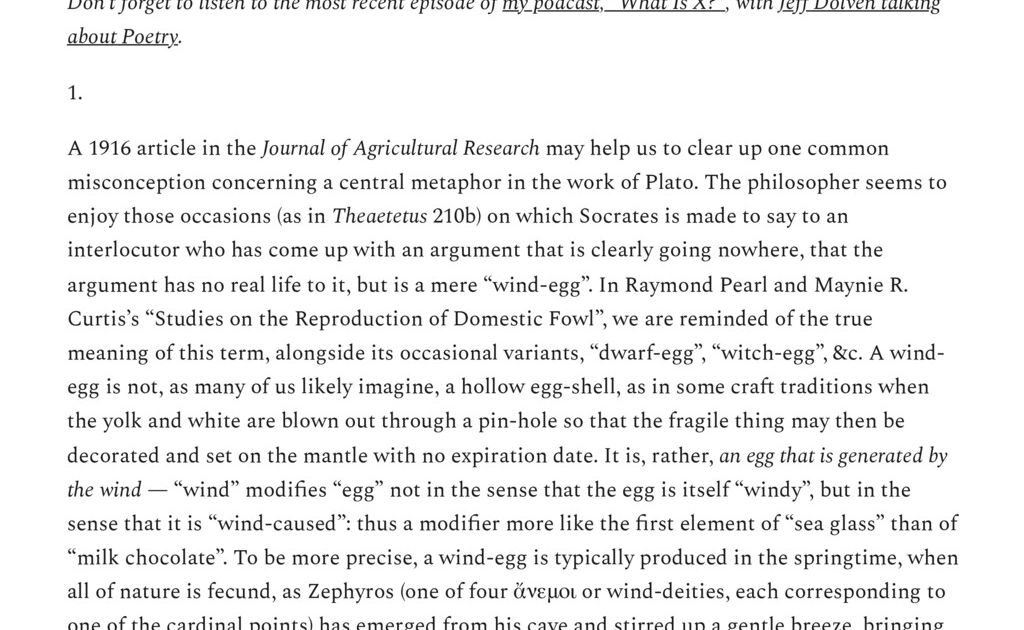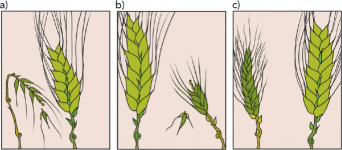How about this rather different poetical view of the garden as a stultifying place?
Sheltered Garden
BY
H. D.
I have had enough.
I gasp for breath.
Every way ends, every road,
every foot-path leads at last
to the hill-crest—
then you retrace your steps,
or find the same slope on the other side,
precipitate.
I have had enough—
border-pinks, clove-pinks, wax-lilies,
herbs, sweet-cress.
O for some sharp swish of a branch—
there is no scent of resin
in this place,
no taste of bark, of coarse weeds,
aromatic, astringent—
only border on border of scented pinks.
Have you seen fruit under cover
that wanted light—
pears wadded in cloth,
protected from the frost,
melons, almost ripe,
smothered in straw?
Why not let the pears cling
to the empty branch?
All your coaxing will only make
a bitter fruit—
let them cling, ripen of themselves,
test their own worth,
nipped, shrivelled by the frost,
to fall at last but fair
with a russet coat.
Or the melon—
let it bleach yellow
in the winter light,
even tart to the taste—
it is better to taste of frost—
the exquisite frost—
than of wadding and of dead grass.
For this beauty,
beauty without strength,
chokes out life.
I want wind to break,
scatter these pink-stalks,
snap off their spiced heads,
fling them about with dead leaves—
spread the paths with twigs,
limbs broken off,
trail great pine branches,
hurled from some far wood
right across the melon-patch,
break pear and quince—
leave half-trees, torn, twisted
but showing the fight was valiant.
O to blot out this garden
to forget, to find a new beauty
in some terrible
wind-tortured place.


